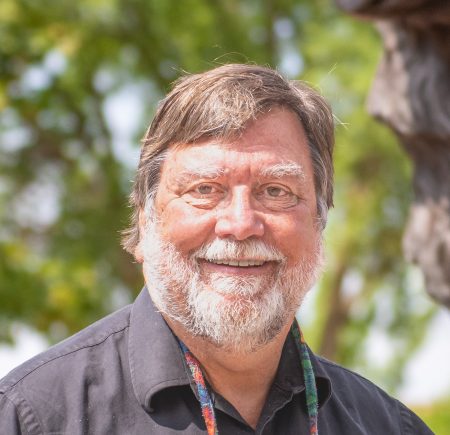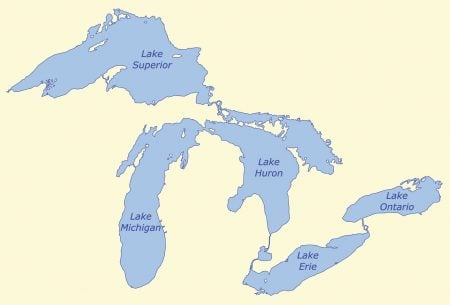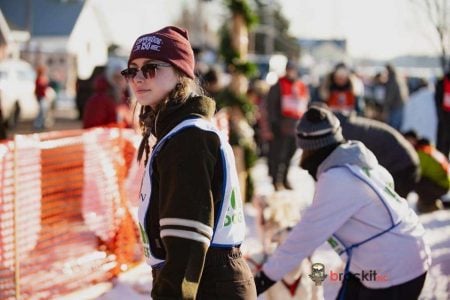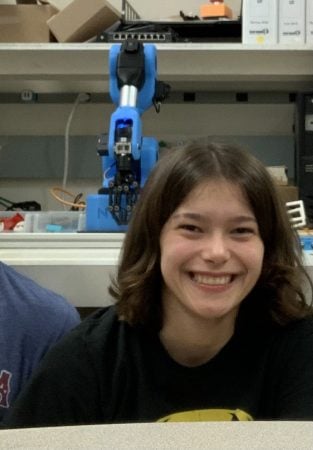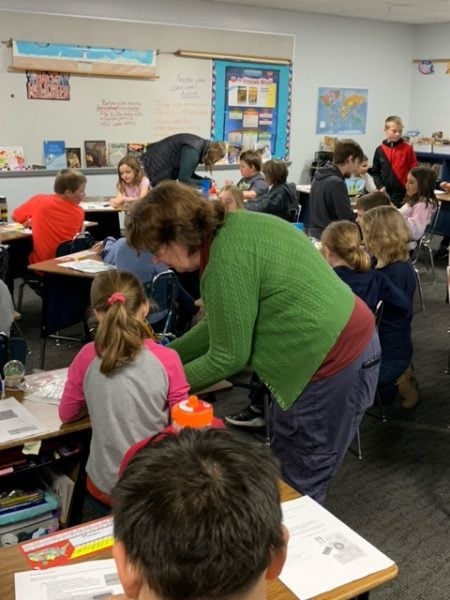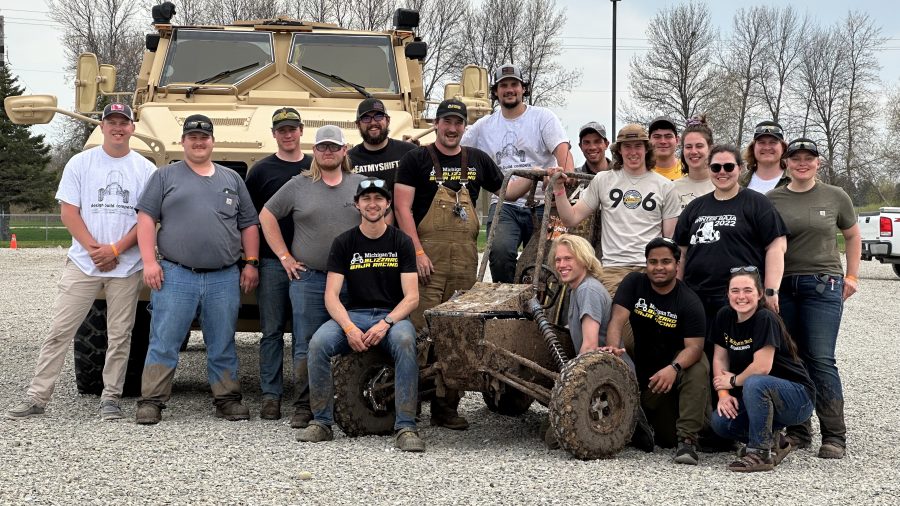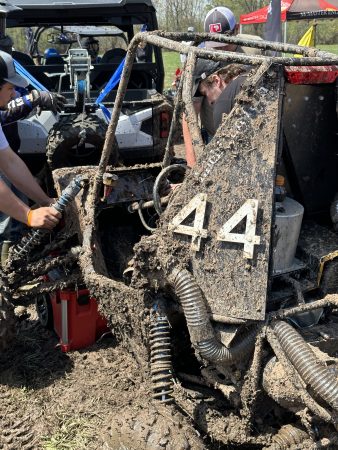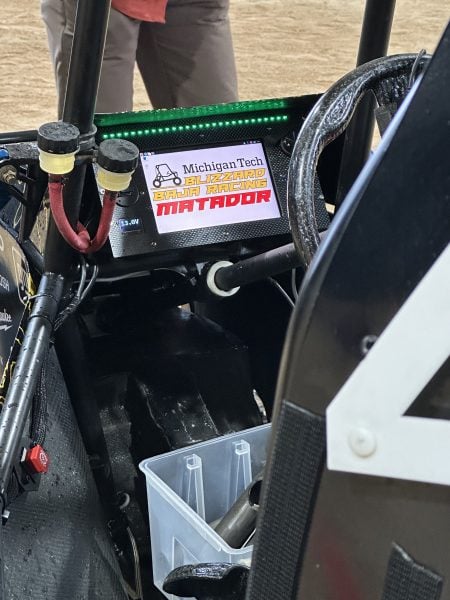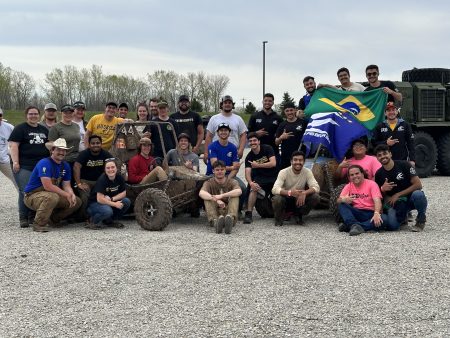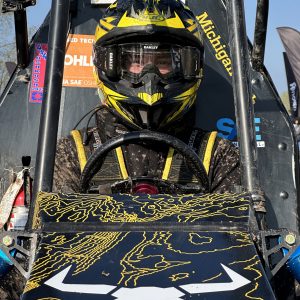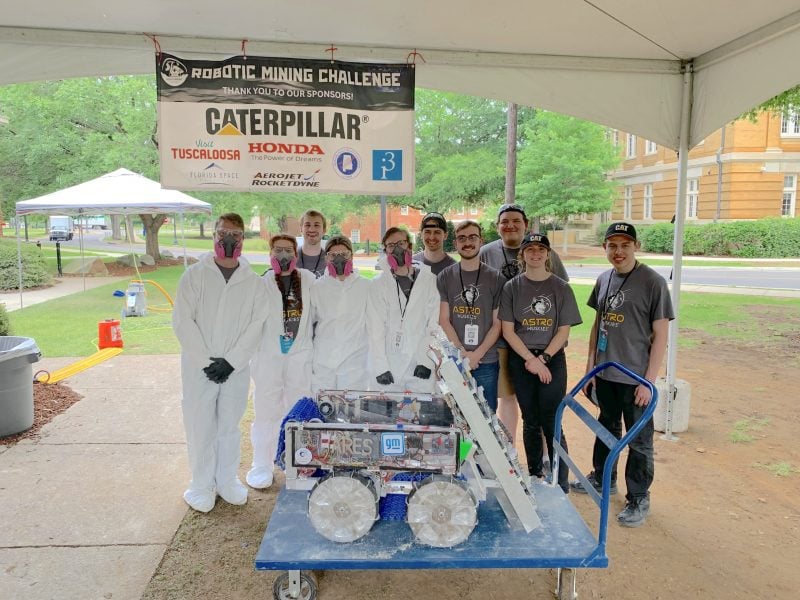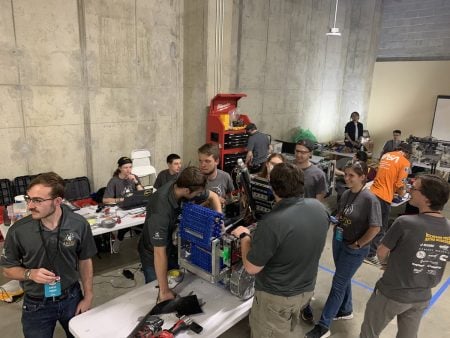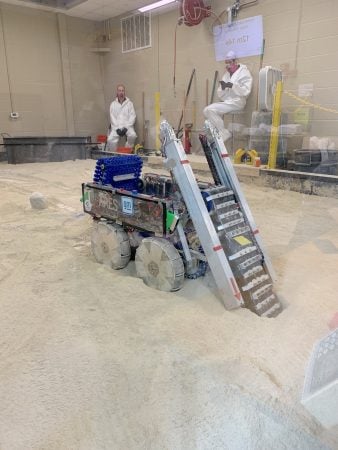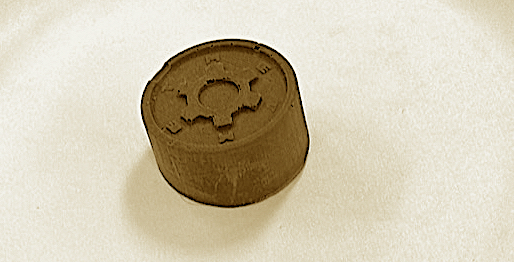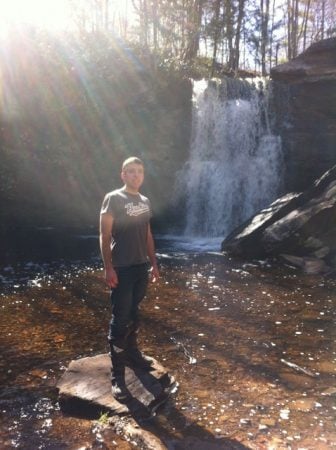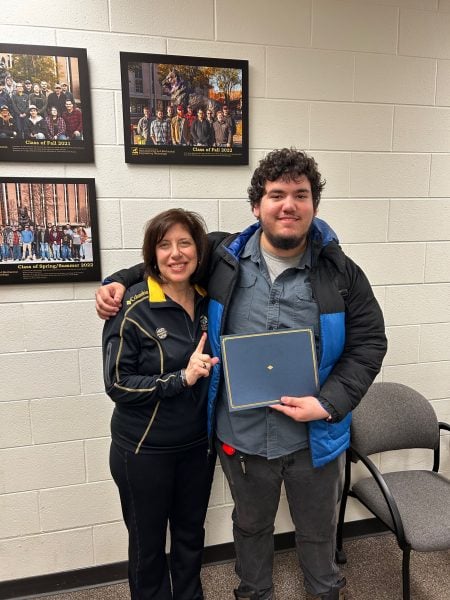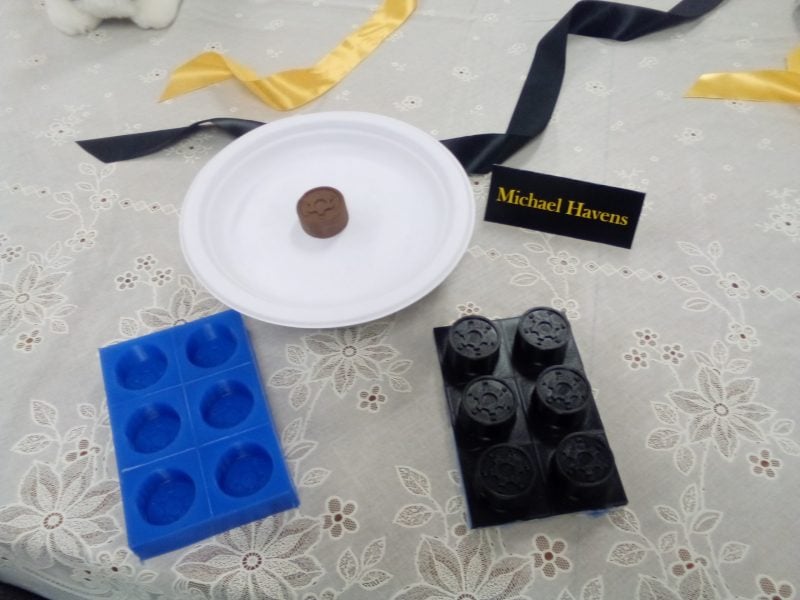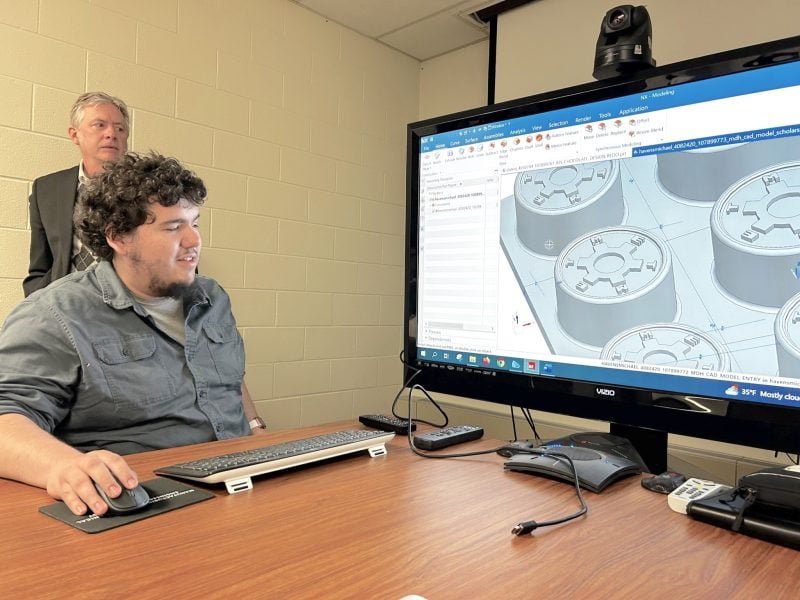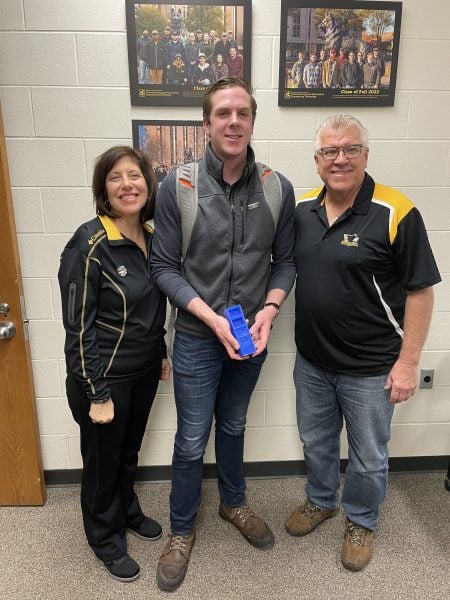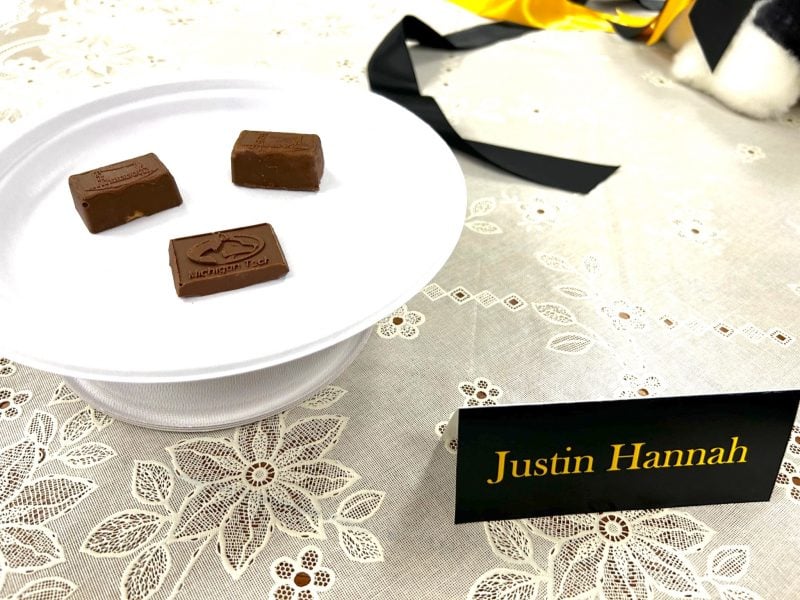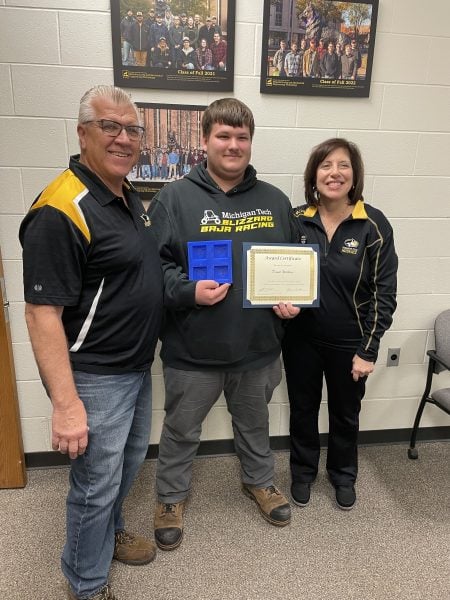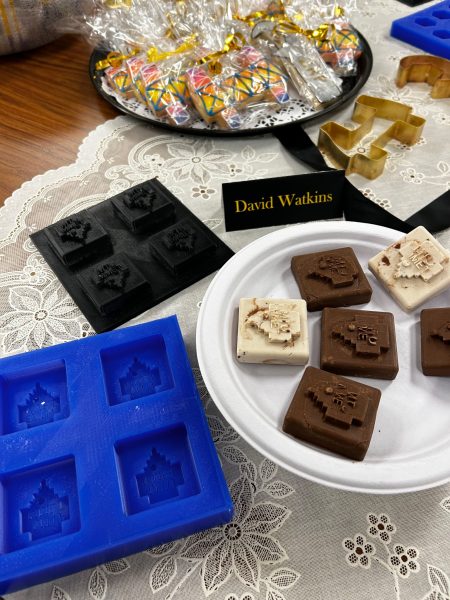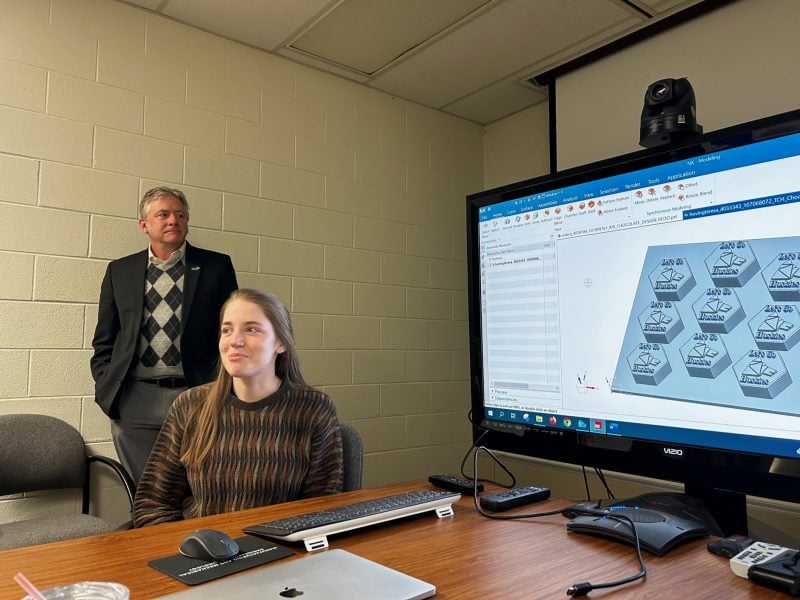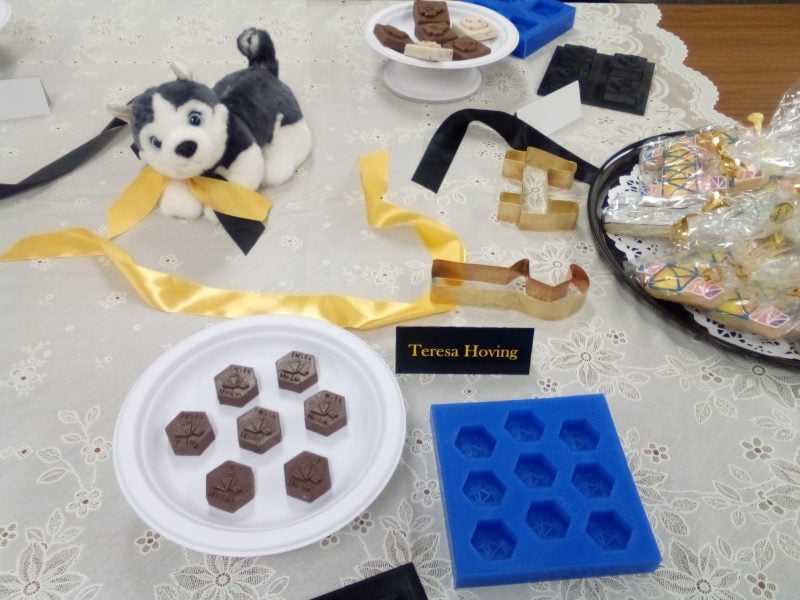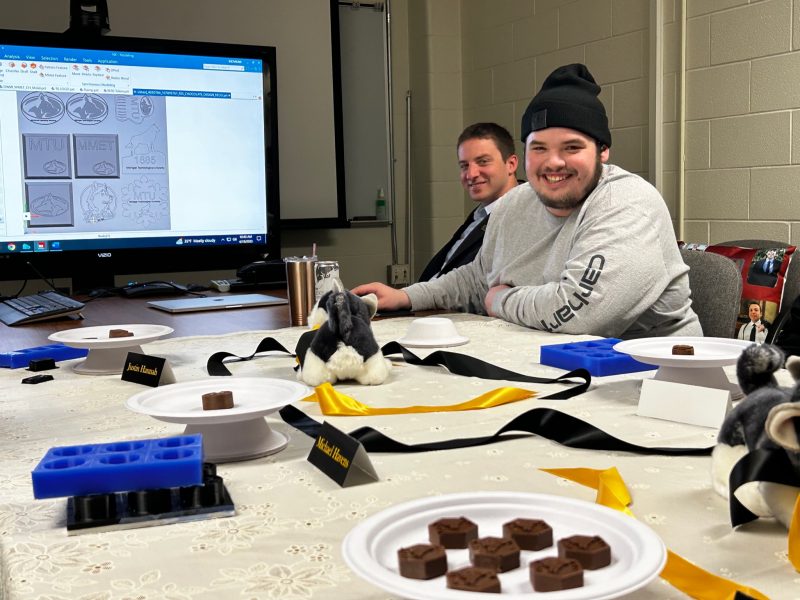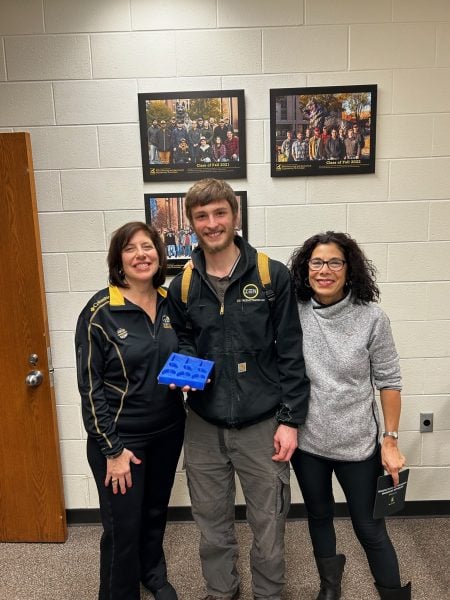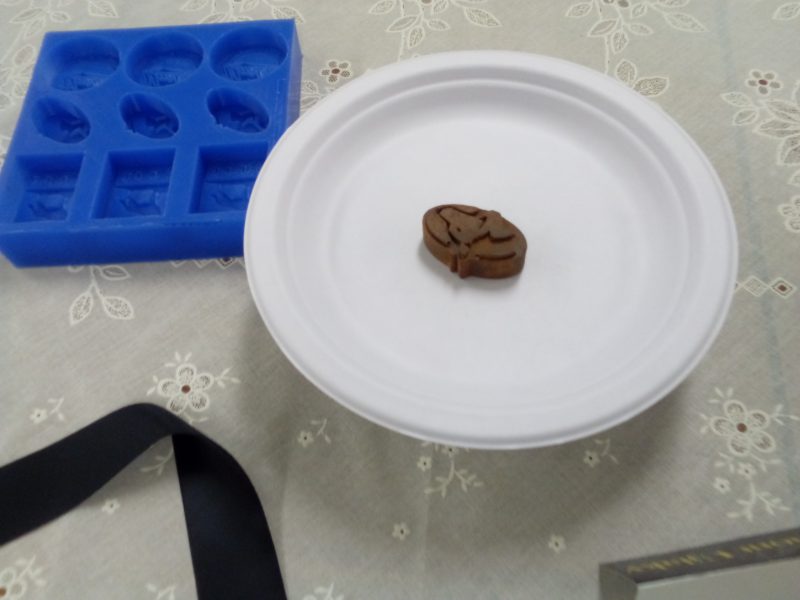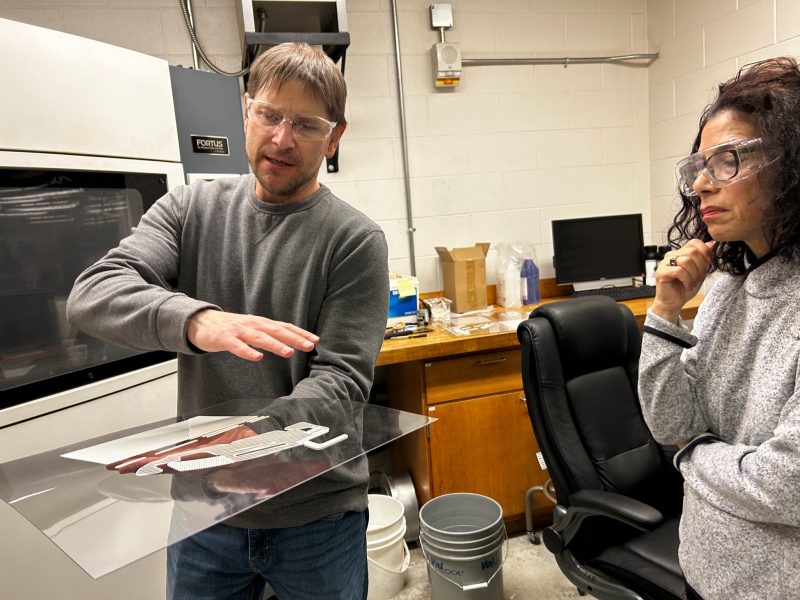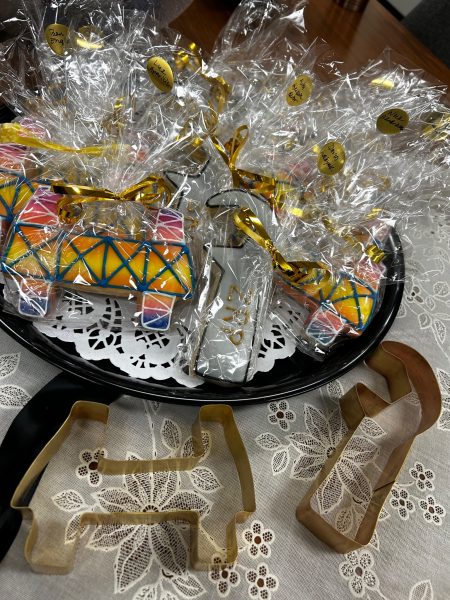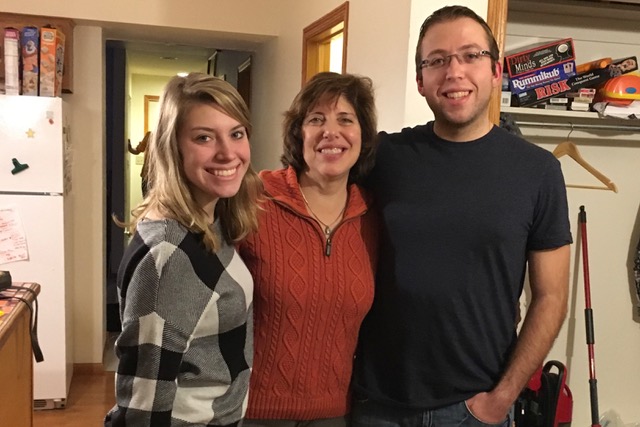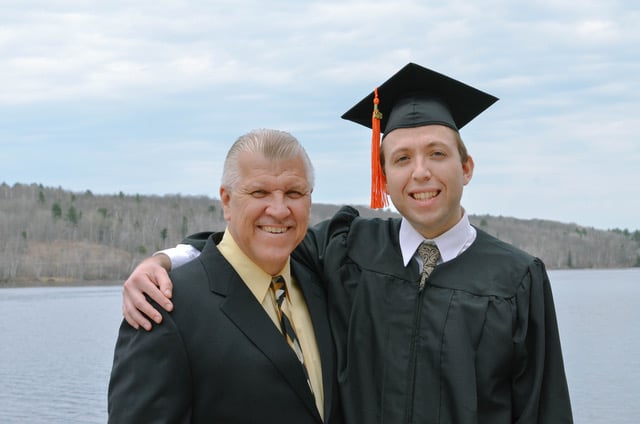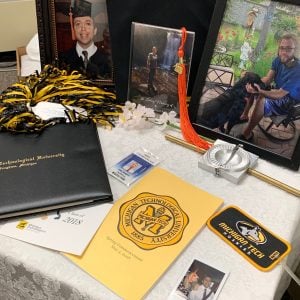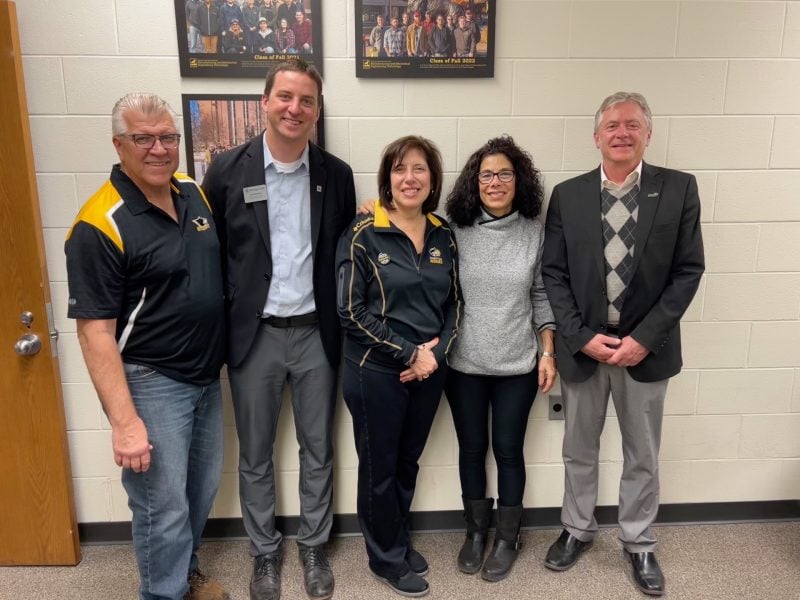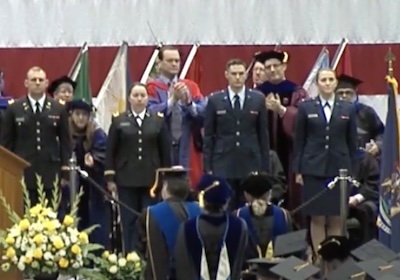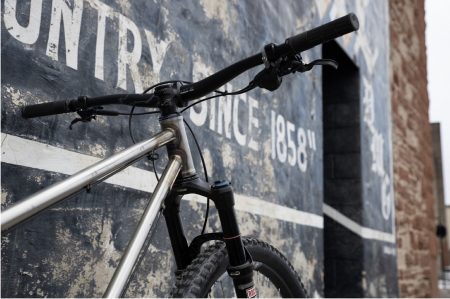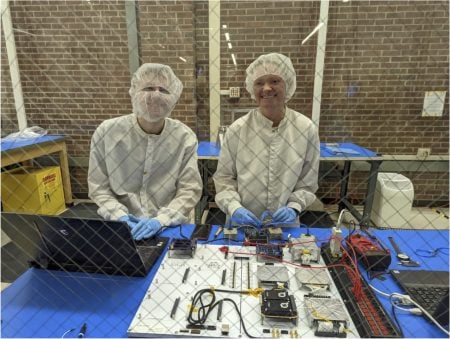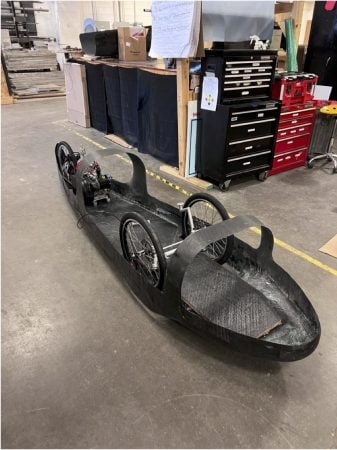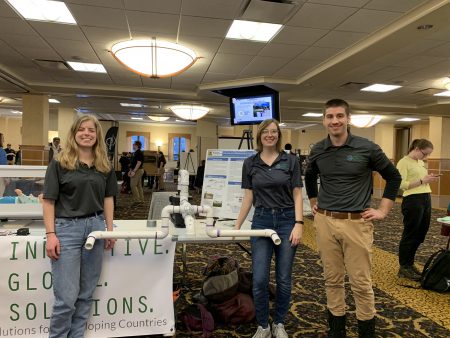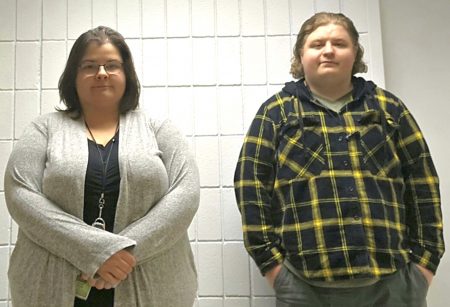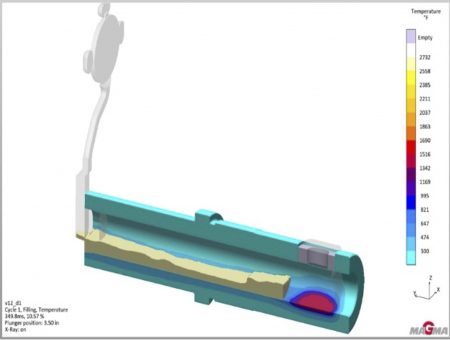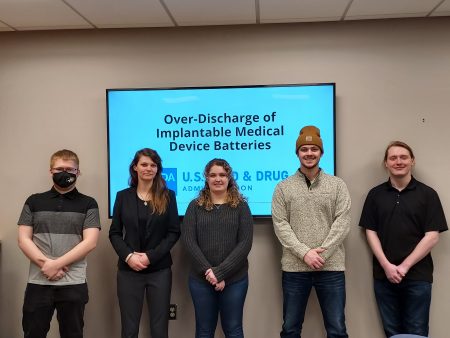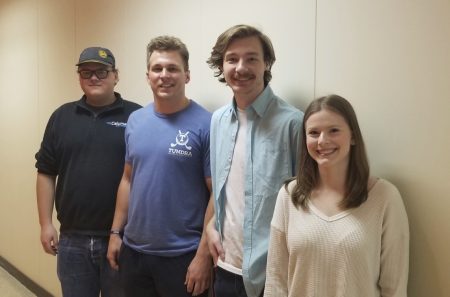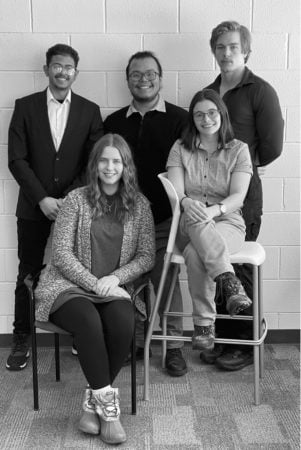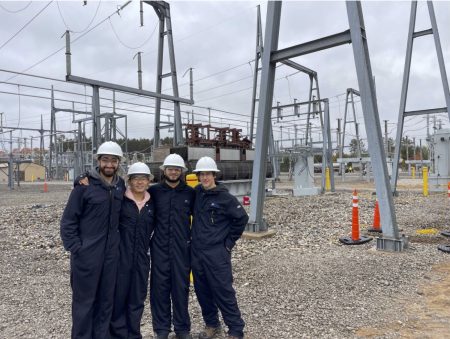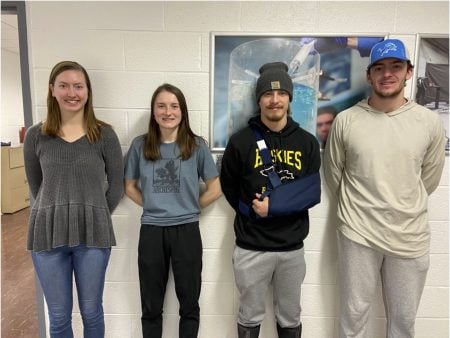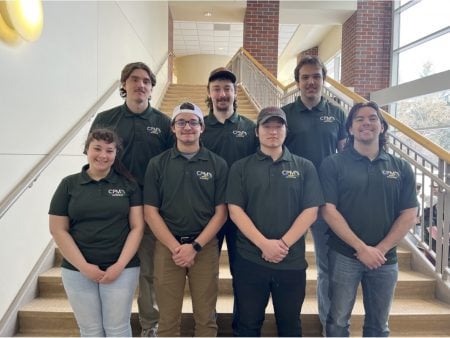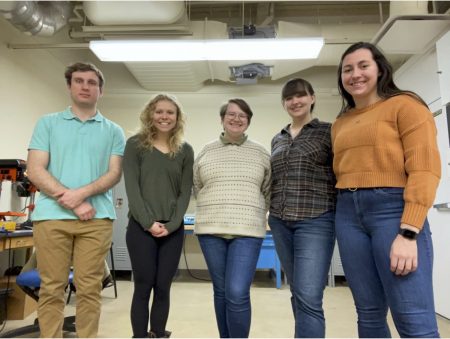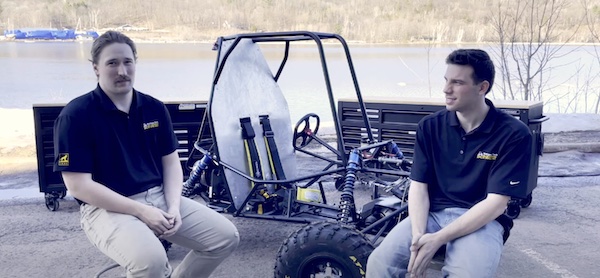
More than a dozen Michigan Tech faculty are taking part in the 130th American Society of Engineering Education (ASEE) Conference and Exhibition, “The Harbor of Engineering Education,” June 26-28 in Baltimore, Maryland. This year’s three-day event has a record number of abstracts, papers, and almost 100 exhibitors.
ASEE’s mission is to “advance innovation, excellence, and access at all levels of education for the engineering profession,” says ASEE President Jenna Carpenter, dean of engineering at Campbell University in North Carolina.

Michigan Tech Chemical Engineering Professor Adrienne Minerick will be finishing up her term as ASEE president at the conference. Presidents of ASEE take part in a three-year cycle: a year as president-elect; a year as president; and then a year as past president.
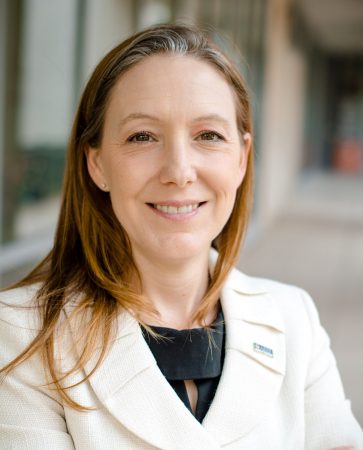
Michigan Tech Professor Emerita Sheryl Sorby, professor of engineering education at the University of Cincinnati, served as ASEE president in 2020.
This year, some participants from Michigan Tech were unable to attend due to weather-related flight delays and cancellations. Here’s a rundown of their scheduled events:
MMET Department Chair John Irwin is program chair of the Engineering Technology Council and Engineering Technology Division and is the incoming Chair of the Engineering Technology Chair and ASEE Board member for 2023-24.
Engineering Fundamentals Associate Professor Jon Sticklen is program chair of the Systems Engineering Division
Leonard Bohmann, College of Engineering Associate Dean for Academic Affairs, spoke at “Preparation for an On-Site Visit, presented by ABET.”
Mechanical Engineering-Engineering Mechanics Associate Teaching Professor Aneet Dharmavaram Narendranath was a panelist at a technical session, “Measuring and Visualizing Metadiscursive Markers in Student Writing.”
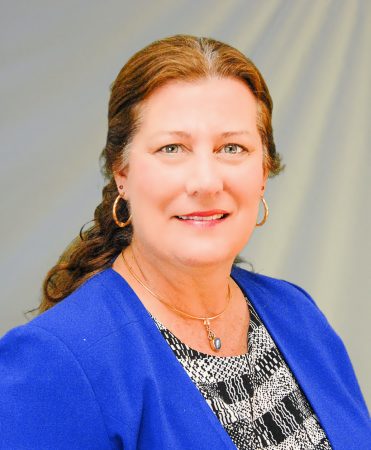
Narendranath, along with Mechanical Engineering-Engineering Mechanics Assistant Professor Jaclyn Johnson and Teaching Professor Radheshyam Tewari, presented “Work in Progress: Quantification of Problem-Complexity and Problem-Solving Skills with Directed Networks in a Sophomore Course in Mechanics of Materials.”
Engineering Fundamentals Assistant Professor Michelle Jarvie-Eggart presented “Potential Interventions to Promote Engineering Technology Adoption among Faculty.” Her co-author is Assistant Provost and Professor Shari Stockero.
Assistant Professor David Labyak presented “Teaching Vibration and Modal Analysis Concepts in Traditional Subtractive Machining to Mechanical Engineering Technology Students.”
Computer Science Assistant Professor Briana Bettin presented “More Teaching to Transgress in Computing: Creating Identity-Inclusive Computing Experiences in K-16 Computing Education.”
Library Director Erin Matas presented virtually “Undergraduate Students Experience Cognitive Complexity in Basic Elements of Library Research.”
Jin Choi, chair of the Department of Electrical and Computer Engineering, attended the Department Chairs sessions.
Professor Janet Callahan was recognized at the Women in Engineering Division business meeting for sponsoring the Mara Wasburn Early Engineering Education Grant Award.
“Together we are moving ASEE’s mission forward to create a better world.”

Michigan Tech’s College of Engineering served as an Educator sponsor of the ASEE Annual Conference.
